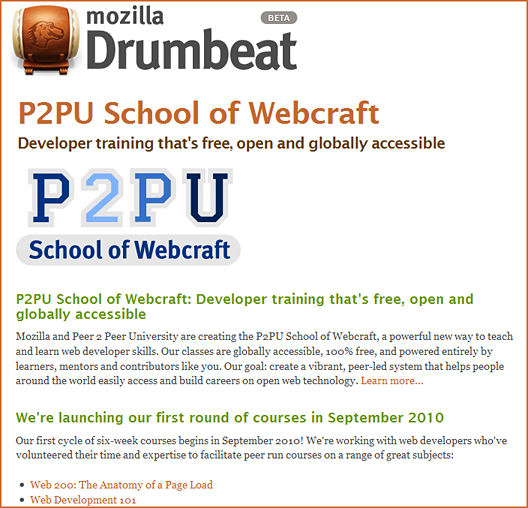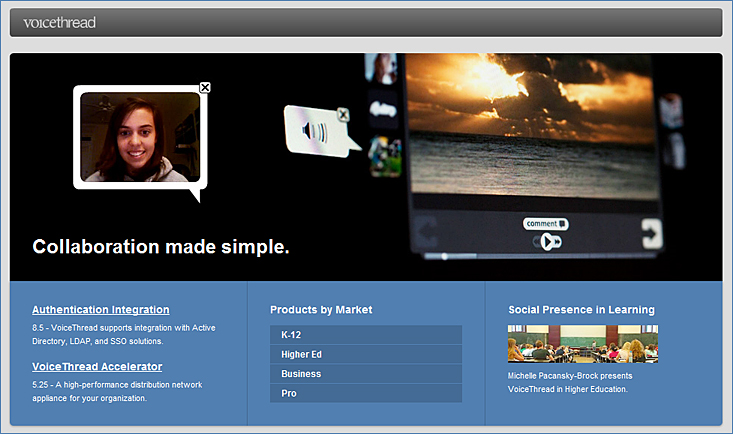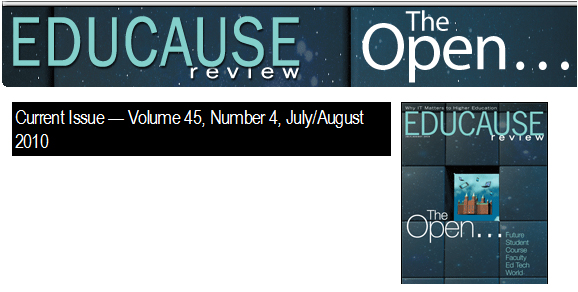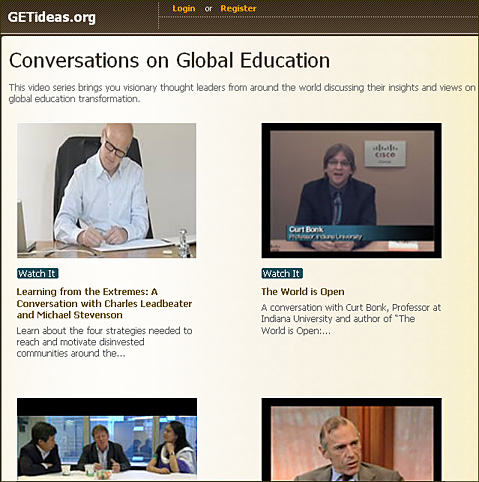Resource from reganmian.net
iTunes U downloads top 300 million — press release from Apple.com
CUPERTINO, California—August 24, 2010—In just over three years, iTunes® U downloads have topped 300 million and it has become one of the world’s most popular online educational catalogs. Over 800 universities throughout the world have active iTunes U sites, and nearly half of these institutions distribute their content publicly on the iTunes Store®. New content has just been added from universities in China, Hong Kong, Japan, Mexico and Singapore, and iTunes users now have access to over 350,000 audio and video files from educational institutions around the globe.
“iTunes U makes it easy for people to discover and learn with content from many of the world’s top institutions,” said Eddy Cue, Apple’s vice president of Internet Services. “With such a wide selection of educational material, we’re providing iTunes users with an incredible way to learn on their computer, iPhone, iPod or iPad.”
Created in collaboration with colleges and universities, iTunes U makes it easy to extend learning, explore interests or learn more about a school. A dedicated area within the iTunes Store (www.iTunes.com), iTunes U offers users public access to content from world class institutions such as Harvard, MIT, Cambridge, Oxford, University of Melbourne and Université de Montréal. iTunes U gives anyone the chance to experience university courses, lab demonstrations, sports highlights, campus tours and special lectures. All iTunes U content is free and can be enjoyed on a Mac® or PC, or wirelessly downloaded directly onto an iPhone®, iPod touch® and iPad™.
.
Also see the following graphic (from http://tech.fortune.cnn.com/2010/08/24/itunes-u-enrollment-soars/)

“We deliver 21st century technology learning opportunities that foster academic excellence leading to global collaboration, digital citizenship, and a love for learning.”
U People partners with Computer Exchange to support worldwide schooling — from CampusTechnology.com by Dian Schaffhauser
An online university that offers tuition-free education is teaming up with an organization that works to make computer labs available to young people in developing countries. The University of the People will work with the World Computer Exchange with the goal of enabling qualified people without computers to become students within U People.
The Computer Exchange is a grassroots network of volunteers in 71 countries that provides logistics for finding and deploying computers, materials, and services; training partners and maintaining networks; and building partnerships between universities in rich and poor countries. The organization estimated that, currently, its partners run 2,650 computer labs. As part of the new agreement, the Exchange will promote U People to prospective students using its services.
Online university aims to build sites in 6 developing countries — from The Chronicle by Kelly Truong
Through a new partnership with World Computer Exchange, the upstart online institution University of the People hopes to build communication centers in six developing countries over the next six months, allowing students without good Internet access to take online courses.
University of the People, founded in 2009, promises tuition-free education in business administration and computer science. The university says its enrollment includes approximately 500 students from nearly 100 countries.
10 places to exchange education information online — from the International Higher Education Consulting Blog by David Comp
You might also be interested in this link as well:
20 Places to Create and Find Free Courses Online — from Teacher Reboot Camp by Shelly Terrell
GlobalEnglish sees rapid growth for online corporate English instruction — from VentureBeat.com
Which refers/links to:
About the Reinventing Higher Education Conference
A conference organized by IE University, Segovia (Spain), 4th May 2010.
The field of Higher Education is experiencing one of the most fascinating and challenging transformations since the foundation of the first universities eight centuries ago (emphasis here and below by DSC):
• New actors are entering and are supplementing the traditional role of the State and other grand institutions in setting the agenda of education institutions.
• New technologies are reshaping the way knowledge is generated and distributed, including the learning methodologies, the forms of delivery and even the role of professors.
• A new profile of students is entering higher education. The web generation brings new skills and attitudes into class. At the same time, continuous education is becoming a fast-growing segment for many universities.
• The internationalization of education stakeholders and cross-border mobility are key features of the new higher education environment.
• Transnational accreditation and ranking systems may play key role in constructing and signaling the quality of the diverse institutions
• The governance and funding of higher education centers will vary and universities and governments may seek alternative sources of income.
• Universities may become catalysts of innovation and more accountable to society in a number of ways: how research is applied in development and innovation, the connections between university departments and companies as well as the relevance of education for graduates’ careers.
Virtual Symposium examines worldwide growth of online access — eSchoolNews.com
Online learning, open courseware, eBooks, wikis, and many other innovative technologies have forever affected education by connecting any topic in any discipline to any learner in any place. Even individuals in remote communities now can access unlimited information free of charge, if they have an internet connection. This also provides more possibilities for international collaboration, knowledge building, and sharing of best practices.
Drexel University’s School of Education capitalized on these possibilities during its second annual live and online Virtual Symposium, in conjunction with Wainhouse Research and the World Bank Institute’s Global Development Learning Network (GDLN). This year’s Virtual Symposium built upon the theme Education for Everyone: Expanding Access Through Technology.
Global language education: Learning the lingo –– from Edutopia.org
A sampling of schools that take foreign language teaching to task.














